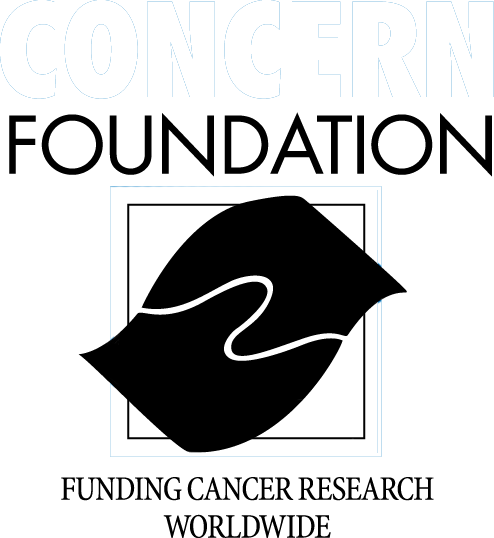As a memorial tribute, The Lynn Kaufman and Marni Levine Legacy Fund (formerly known as The Marni Fund) is dedicated to raising and granting funds to develop improved treatments and new diagnostic procedures for pancreatic, breast, and women’s cancers.
To make a donation or send a tribute in support of breast cancer research to someone special, visit their website at: www.themarnifund.org
MARNI LEVINE MEMORIAL GRANT RECIPIENTS:
Dr. Evanthia Roussos Torres, University of Southern California, 2020-2023 Marni Levine Seed Grant
Dr. Roussos Torres's current project: Optimizing immunotherapy by reprogramming the suppressive tumor microenvironment of breast cancer
Dr. Edwin R. Manuel, Ph.D., City of Hope, 2022 The Lynn Kaufman and Marni Levine Legacy Fund Grant
Dr. Edwin R. Manuel's current project: Disrupting Metabolic Adaptation in Pancreatic Cancer through Intratumoral Heparan Sulfate Degradatior
Dr. Yuan Yuan, City of Hope 2014, 2020 Marni Levine Seed Grant
Dr. Yuan Yuan's current project: Phase I/II Study Combining Chemotherapy, AKT3 Targeted Therapy, and Immune Checkpoint Inhibitors in Patients with Metastatic Triple Negative Breast Cancer. Previously Dr. Yuan focused on breast cancer cells that were found to be auxotrophic for arginine, which provides the rationale for arginine deprivation as a treatment strategy. an arginine depleting enzyme was studied extensively utilizing breast cancer cell lines.
Dr. Adam de Smith, USC Norris Cancer Center 2019 Marni Levine Seed Grant
Dr. de Smith's Project: “Second malignancies in breast cancer survivors: deciphering the genetic risk”.
Jun Wang, Ph.D., USC 2018 Marni Levine Seed Grant
Triple negative breast cancer (TNBC) is often more aggressive and characterized by a poorer prognosis compared to hormone receptor positive breast cancer. It disproportionally affects certain racial/ethnic groups, particularly African Americans. Although tumor-infiltrating lymphocytes have been emerging as important factors for TNBC survival, there is currently a lack of studies targeting the multi-ethnic patient population. Dr. Wang focuses on investigating the association between tumor immune microenvironment characteristics, including specific tumor immune infiltrates, and TNBC survival in racially/ethnically diverse patients.
Erina Vlashi, Ph.D., UCLA 2018 Marni Levine Research Career Development Award
Dr. Vlashi studies the effect that radiation therapy has on the metabolism of cancer cells, specifically on cancer cells that have “cancer-initiating” capability (cancer stem cells). Cancer stem cells are thought to not only maintain the growth of breast tumors but also play a major role in their resistance to current anti-cancer treatments. By understanding the changes that radiation therapy induces in the metabolic pathways that fuel the growth of these cells, Dr. Vlashi hopes to uncover vulnerabilities that can be exploited and combined with radiation therapy that would ultimately lead to significant improvement in tumor control, and perhaps cure.
Kenue Shen, Ph.D., USC 2017 Marni Levine Research Career Development Award
Dr. Shen’s research has been focused on creating tumor-on-a-chip models to understand how tumor microenvironments influence cancer progression and therapeutic resistance, and explore more effective cancer treatments. This project involves is using microengineered tumor models to understand how tumor-stromal interactions give rise to invasive cancer phenotypes and metastatic diseases.
Judith Carroll, Ph.D., UCLA 2016 Marni Levine Research Career Development Award
Dr. Carroll’s current research seeks to address current gaps in our understanding of why breast cancer survivors are at increased risk for secondary health problems and reduced life expectancy compared to similarly aged women without a history of breast cancer. This work will examine unique individual behavioral vulnerability that directly impacts biological aging, and ultimately influences the long term health and well-being of breast cancer survivors. From this research, important naturalistic and intervention studies will be developed to address behavioral factors, such as depression and sleep disturbances, with the goal of directly improving the health and well-being of breast cancer survivors.
Dr. Jae Jung, City of Hope 2015 Marni Levine Seed Grant
The overall goal of Dr. Jung’s project is to develop a treatment for metastatic breast cancer that can harness the power of our own immune system to help destroy tumor cells. By treating tumor cells in the skin with cryotherapy and a combination of immune modulators, the immune system can be “trained” to detect and kill breast cancer cells both locally and systemically. Correlative studies will evaluate the development of tumor infiltrating lymphocytes, which are key prognostic markers for response to treatment and overall survival. The results from this pilot study will be used to define an immunotherapy protocol that can be used for many different types of breast cancer and will be especially effective for treating patients that are unable to receive targeted therapies or have failed traditional therapy.
Dr. Min Yu, USC 2015 Marni Levine Research Career Development Award
The focus of Dr. Yu’s research has been to understand how breast cancers spread to other organs through blood stream and establish metastatic tumors. This research involves finding rare tumor cells in the blood circulation and identifying the unique properties of those rare tumor cells. The knowledge gained from this research can provide new insights to improve the treatment of patients with metastatic breast cancers on a personalized basis.
Dr. Julie Eileen Lang, USC 2013 Marni Levine Seed Grant
Dr. Lang studies the molecular profiling of circulating tumor cells in breast cancer. She has developed a novel strategy to isolate rare cancer cells in the bloodstream that are shed by a primary tumor. Her research will study if profiling circulating tumor cells can lead to personalized cancer care.
Dr. Giridharan Ramsingh, USC 2013 Marni Levine Research Career Development Award
Dr. Ramsingh’s research focuses on under-standing the mechanism of the origin of Therapy-Related Acute Myeloid Leukemia (AML). His lab has worked on the Whole Genome Sequencing of Therapy Related AML, which is a sub-type of AML that comes from complication from receiving chemother-apy or radiation therapy for other cancers. This type of AML has very poor survival rate.
Dr. Susan Ramus, USC 2012 Marni Levine Seed Grant
Dr. Ramus’ laboratory aims to identify inherited changes that increase risk of ovarian cancer. Changes in high-risk genes BRCA1 and BRCA2 cause both breast and ovarian cancer. Her group is also studying thousands of ovarian tumors to detect patterns of changes that may predict how well patients respond to current treatments.
Dr. Christina Curtis, USC 2012 Marni Levine Research Career Development Award
Dr. Curtis’s laboratory researches data-driven modeling in combination with computationally driven experimentation to analyze the genetic and molecular processes of cancer. Specifically, her research exploits high-dimensional genomic data and population genetic approaches, and an area of concentration has been the molecular profiling of breast cancer. Dr. Curtis and her team are developing techniques for the systems-level analysis of genotype-phenotype associations, integrating multiple data types derived from sequencing and array-based technologies to understand mechanisms of tumor formation, interrogate intra-tumor heterogeneity and trace stem cell lineages using single-cell genomic assays, and describe mechanisms of cancer progression and therapeutic resistance
Dr. Sarah Hurvitz UCLA 2008, 2009, 2010, 2011 Marni Levine Seed Grant
As a practicing physician, Dr. Hurvitz is conducting clinical trials in breast cancer treatment.
Dr. Hurvitz's long-term goal is to increase the measurable cure rate for Stage IV breast cancer from 2-3 to more than 10 percent.
Dr. Christopher Haiman, USC 2008, 2009, 2010, 2011 Marni Levine Seed Grant
Dr. Haiman's research is focused on understanding genetic susceptibility to breast and prostate cancers in minority populations.
Dr. Sanaz Memarzadeh, UCLA 2011 Marni Levine Research Career Development Award
Dr. Mei Kong, City of Hope 2011 Marni Levine Research Career Development Award
Dr. Melanie Palomares, City of Hope 2007, 2008, 2009, 2010 Marni Levine Seed Grant
Dr. Palomares heads a lab at City of Hope that conducts breast cancer research, focusing on cancer control and population science, as well as on outcomes research. Dr. Palomares has performed clinical trials with common substances such as grape seed extract and mushroom powder on post-menopausal women who are at high risk for developing breast cancer.



